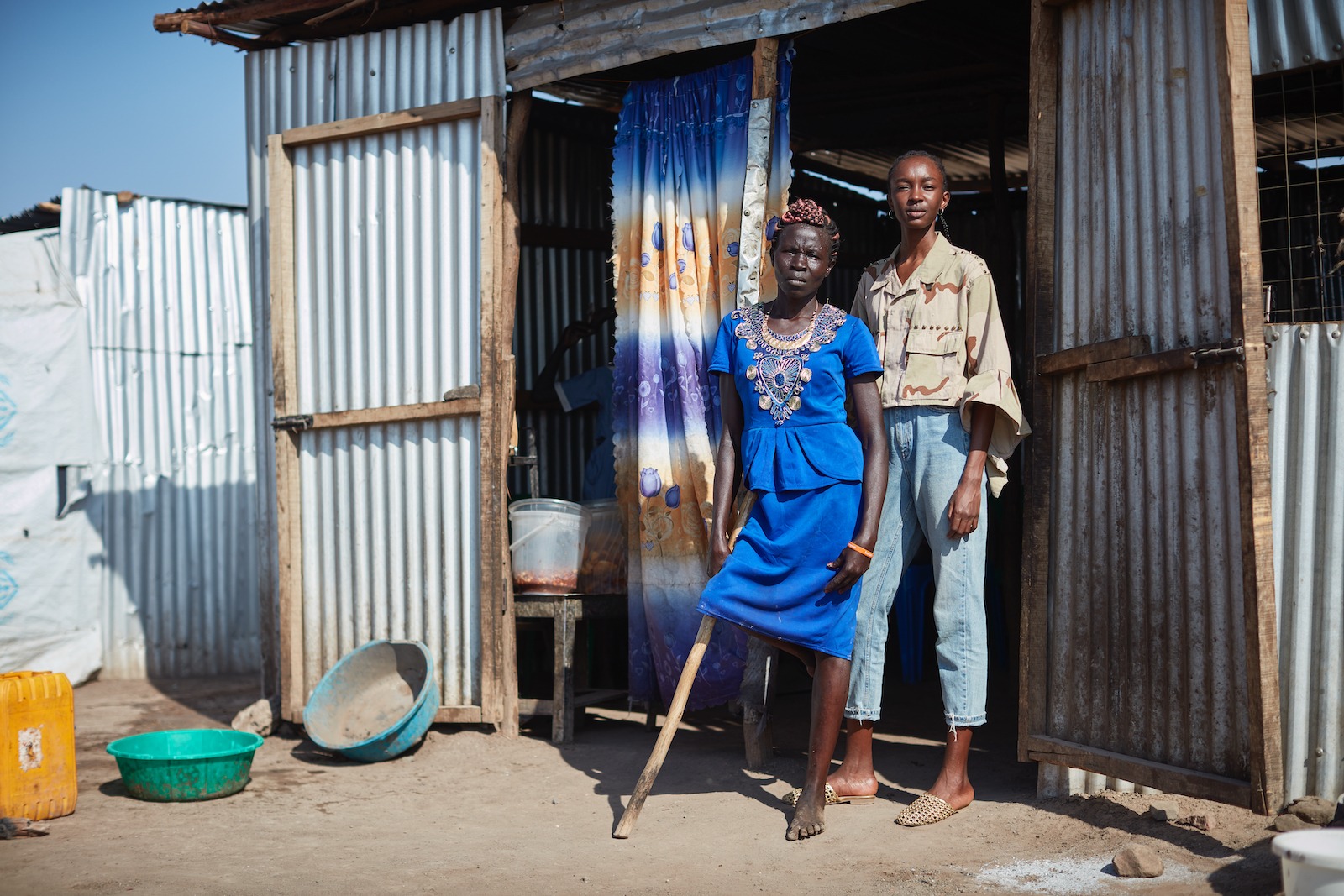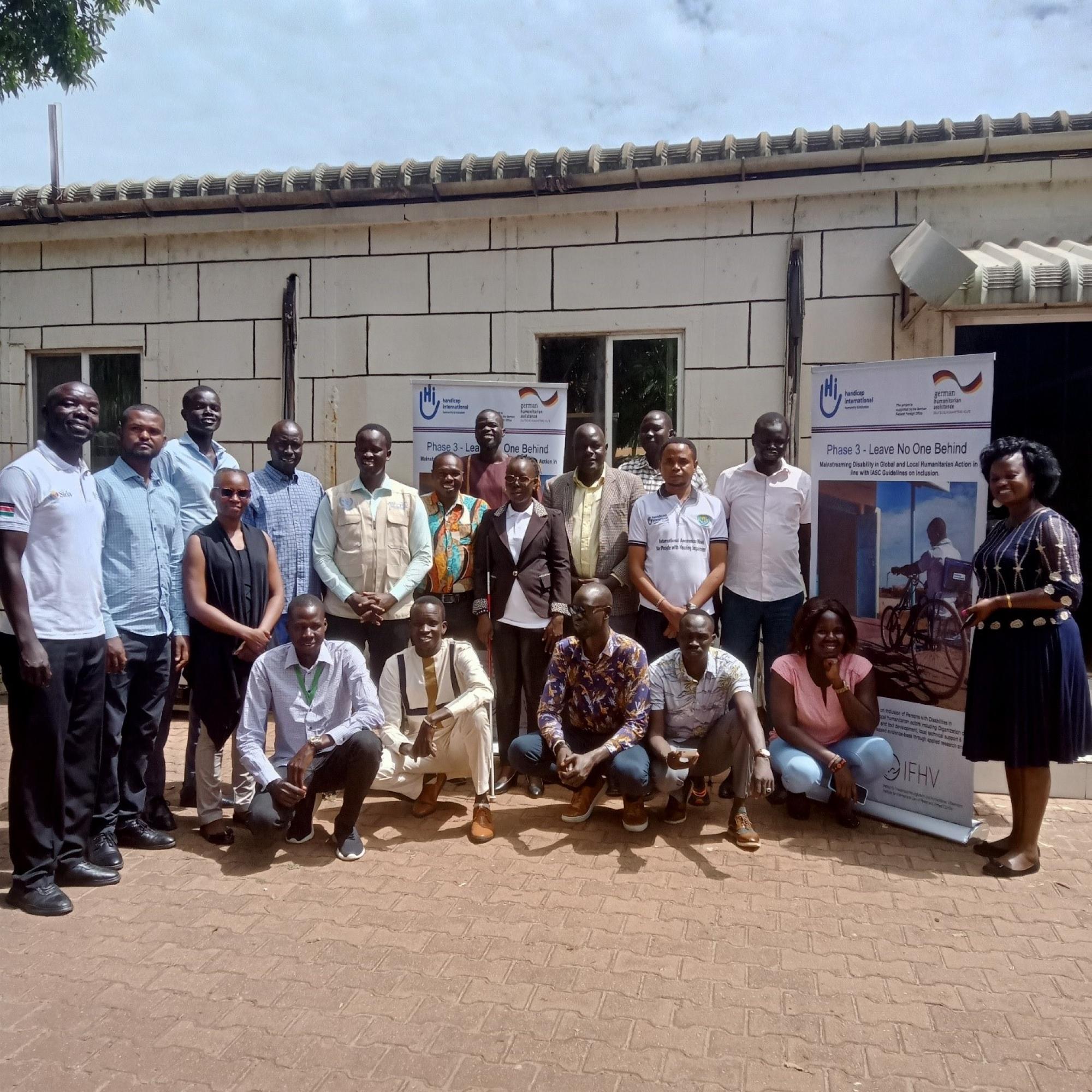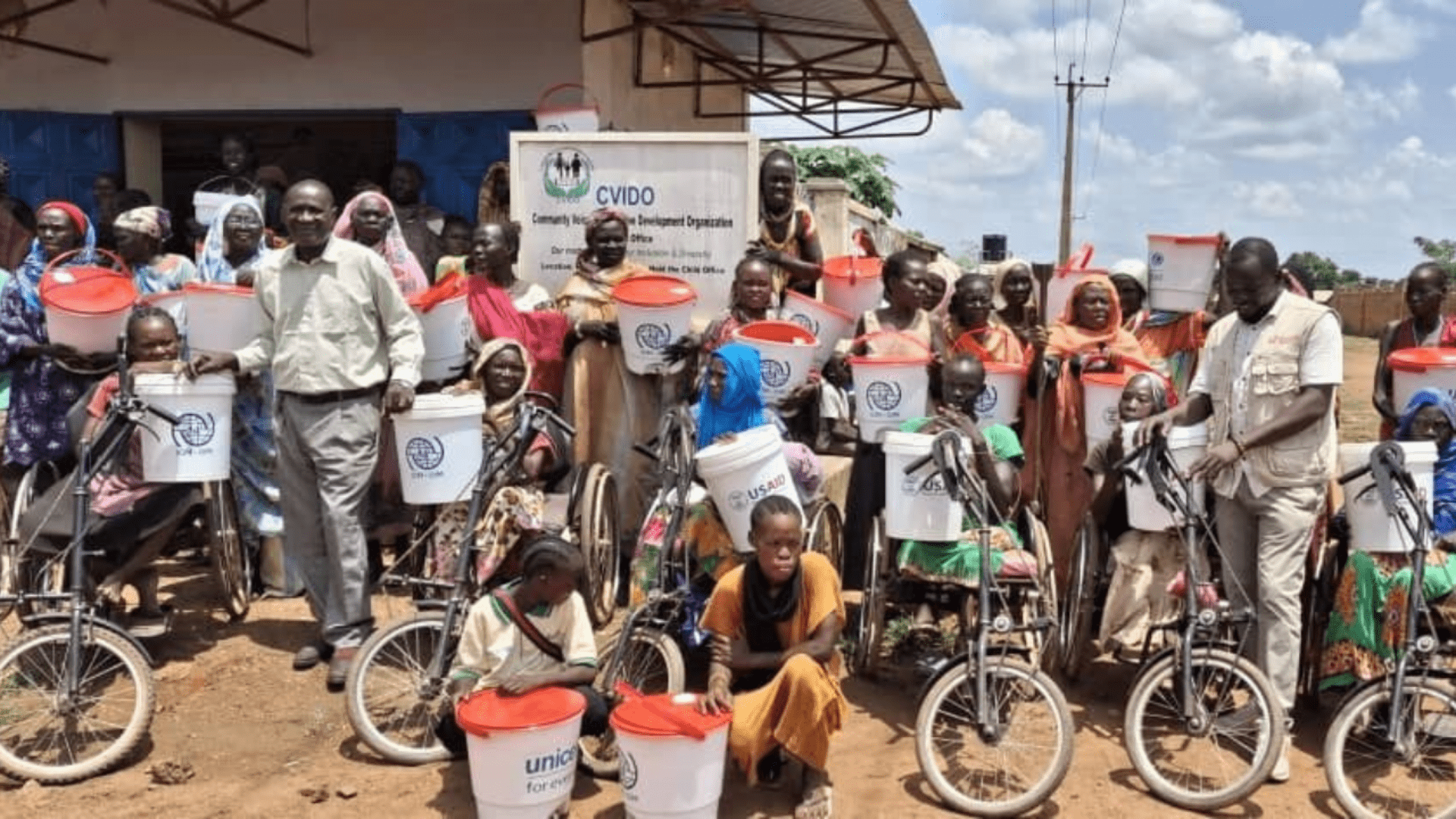The South Sudan team will work closely with the selected Organisations of Persons with Disabilities (OPDs) to jointly implement the project. More detailed information will be provided later.
People with Disability Society (PWDS)
PWDS is a voluntary organization established in 1997 as an association and upgraded to NGO, on 20th December 2022 in Wau. It strives for social, humanitarian, charity, education rehabilitation and safeguards the rights of the people with disabilities, and toil to revitalize them in all aspect. Its membership consists of all people with disabilities in western Bahr El Ghazal, South Sudan
Mission: Uniting all different impairments to advances the dignity, equal participation, and self-reliance of people with disabilities. We pursue justice on matters related to human rights
Vision: Envisions an organization where all people are treated with equality, dignity and respect for their expressed choices, and who have equal opportunities to participate in a society where abilities, rather than disabilities, are recognized.
South Sudan Association of Physically Impaired (SSAPI)
South Sudan Association of physically impaired (SSAPI) is a national Association of persons with physical impairment registered by South Sudan Relief and Rehabilitation Commission (RRC) to promote the rights, inclusion and participation of Persons with Physical impairment in the Republic of South Sudan.
SSAPI is dedicated to support and advocate for the rights and protection of persons with Physical impairment, through provision of psychosocial support and to eliminate all forms of discrimination especially against women and girls with physical impairment.
MISSION: Dedicated to strengthen habitation and rehabilitation services and mainstream physical impairment for empowerment
VISION: SSAPI strives for a safe, just and barrier free Society for persons with physical impairment in Republic of South Sudanese.




